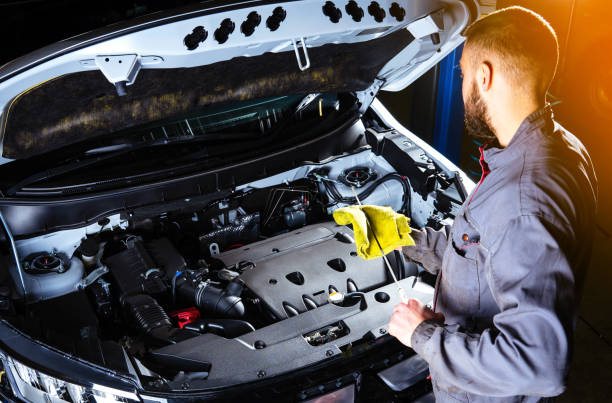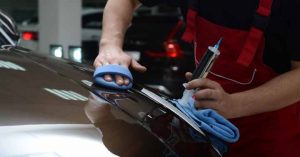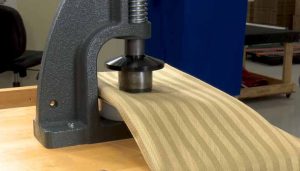Keeping your car in good condition doesn’t have to be complicated or expensive. With some basic knowledge and regular maintenance, you can ensure your vehicle runs smoothly and avoid costly repairs down the road. Here are some essential tips to get started with auto maintenance:
Read the Owner’s Manual
Your car’s owner’s manual is a valuable resource that provides information on maintenance schedules, recommended fluids, tire pressure, and more. Take the time to familiarize yourself with it to understand your vehicle’s specific needs.
Check Fluid Levels Regularly
Engine oil, coolant, brake fluid, and transmission fluid are essential fluids that keep your car running smoothly. Regularly check these levels and top them up as needed to prevent damage to your engine or other components.
Inspect Tires
Your tires are the only contact your car has with the road, so it’s crucial to keep them in good condition. Check tire pressure regularly using a pressure gauge and ensure they are inflated to the recommended levels. Inspect tires for signs of wear and tear, such as uneven tread wear or cracks in the sidewall, and replace them if necessary.
Change Oil and Filters
Regular oil changes are essential for keeping your engine lubricated and running smoothly. Consult your owner’s manual for the recommended oil change interval and use the appropriate type of oil for your vehicle. Additionally, don’t forget to replace the oil filter during oil changes to ensure optimal engine performance.
Replace Air Filters
Air filters prevent dirt and debris from entering your engine, so it’s essential to replace them regularly. A clogged air filter can reduce engine performance and fuel efficiency. Check your owner’s manual for the recommended interval for air filter replacement and replace it accordingly.
Inspect Brakes
Your brakes are critical for your safety, so it’s essential to keep them in good working condition. Inspect brake pads and rotors regularly for signs of wear, such as squeaking or grinding noises when braking. Replace brake pads if they are worn down, and have your brakes serviced if you notice any issues.
Check Lights and Wipers
Ensure all exterior lights, including headlights, taillights, brake lights, and turn signals, are functioning correctly. Replace any bulbs that are burnt out to maintain visibility and safety on the road. Additionally, check your windshield wipers for signs of wear and replace them if they are streaking or not clearing the windshield effectively.
Maintain Battery
Your car’s battery is essential for starting the engine and powering electrical components. Keep the battery terminals clean and free of corrosion, and check the battery’s voltage regularly using a multimeter. If your battery is old or showing signs of weakness, consider replacing it to prevent unexpected breakdowns.
Inspect Belts and Hoses
Belts and hoses play a crucial role in your car’s engine and cooling system. Inspect them regularly for signs of wear, such as cracks, fraying, or leaks. Replace any damaged belts or hoses to prevent overheating or engine damage.
Keep Records
Keep a detailed record of your car’s maintenance and repairs, including dates and mileage. This information can help you stay organized and ensure you don’t miss any important maintenance tasks.
By following these basic auto repair tips, you can keep your car in top condition and extend its lifespan. Remember that regular maintenance is key to preventing costly repairs and ensuring your safety on the road. If you’re ever unsure about performing a maintenance task yourself, don’t hesitate to consult a professional mechanic.



